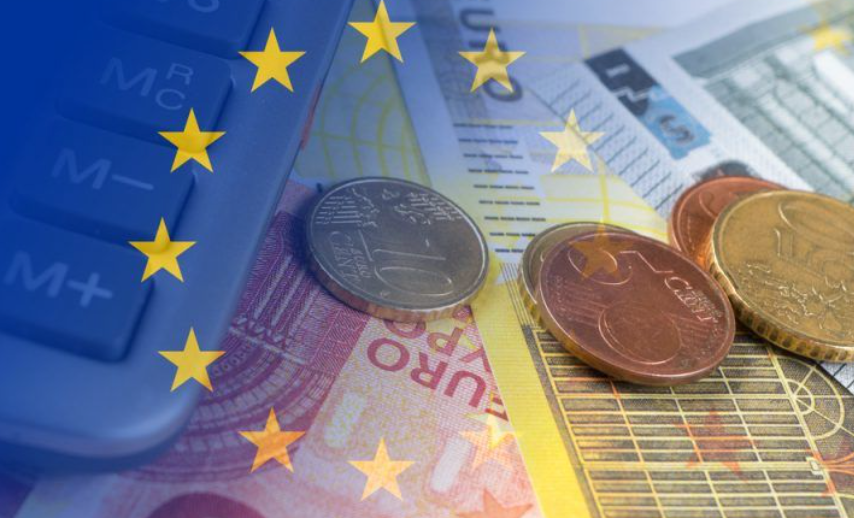$EURUSD $DAX $BTC
#ECB #Eurozone #Inflation #RateCuts #MonetaryPolicy #InterestRates #Euro #Finance #CentralBank #Macroeconomy #Investing #Markets
The European Central Bank (ECB) has been urged to proceed cautiously with further interest rate cuts amid concerns that overly aggressive monetary easing could destabilize the market and allow inflationary pressures to resurface. Belgian central bank governor Pierre Wunsch has raised concerns that the ECB could inadvertently “sleepwalk” into a cycle of excessive reductions in borrowing costs, potentially undermining past efforts to curb inflation. The remarks come after the ECB’s recent decision to lower interest rates in response to moderating inflation and slowing economic growth. Despite the cuts, inflation in the euro area remains above the ECB’s 2% target, prompting policymakers to navigate a delicate balancing act between stimulating the economy and preventing a resurgence in consumer price pressures.
Financial markets have been anticipating additional rate cuts from the ECB in the coming months, with expectations that further reductions could help support economic growth in major Eurozone economies such as Germany, France, and Italy. However, Wunsch’s warning adds to the growing debate among policymakers about the risks of cutting rates too aggressively. While lower rates can provide relief to borrowers and businesses, they also carry the risk of fueling asset bubbles, weakening the euro, and potentially reigniting unwanted inflation. Analysts have pointed out that a miscalculation in monetary policy could lead to renewed volatility in European equity markets, particularly impacting the DAX index, which has already seen fluctuations amid shifting interest rate expectations.
In currency markets, the euro-dollar exchange rate ($EURUSD) has been reacting to ECB policy signals, with traders closely watching central bank commentary for indications of future rate movements. A more dovish ECB stance could put downward pressure on the euro, providing a competitive boost to European exports but also raising import costs, which could further complicate inflation dynamics. On the other hand, a more cautious or hawkish stance, as Wunsch suggests, might strengthen the euro, potentially weighing on the region’s economic recovery by making European goods and services more expensive internationally. Investors are also eyeing how the ECB’s moves compare with the U.S. Federal Reserve’s actions, as any divergence in policy between the two central banks could drive further currency volatility and capital flows.
The ECB’s rate decisions will also have repercussions beyond traditional financial markets. In the cryptocurrency space, assets like Bitcoin ($BTC) have often moved in response to broader monetary policy trends, with some investors viewing digital assets as a hedge against central bank decisions that weaken fiat currencies. A series of aggressive rate cuts from the ECB could further fuel interest in alternative stores of value as investors seek ways to preserve purchasing power. Meanwhile, European bond yields remain a focal point for fixed-income investors, as the central bank’s next steps will influence borrowing costs for governments and corporations alike. As eurozone inflation remains a concern, policymakers are treading carefully to avoid undoing their prior work on price stability while ensuring that economic momentum is not stifled prematurely.










Comments are closed.